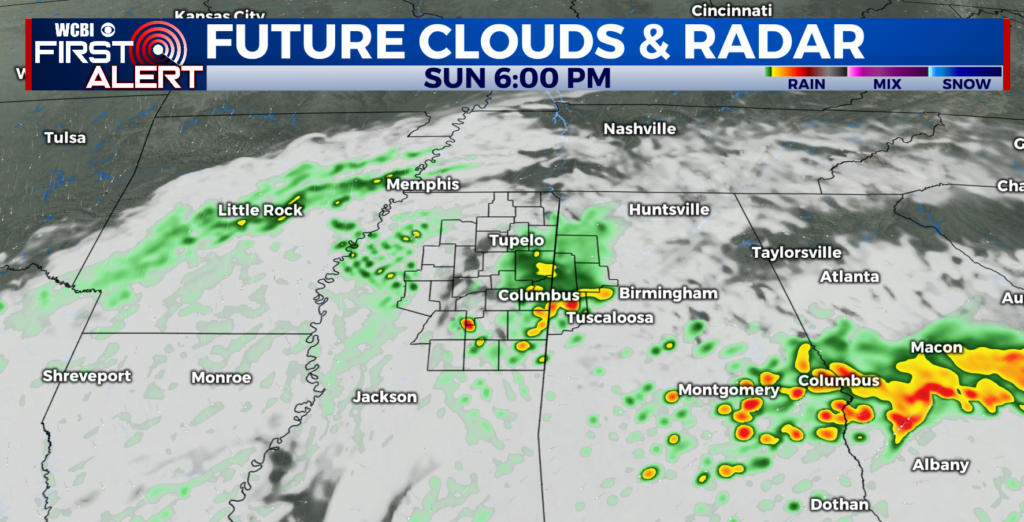There's “no evidence” coronavirus survivors can't be reinfected, WHO says
The World Health Organization (WHO) said there is “no evidence” that survivors of COVID-19 cannot be reinfected with the virus. In a statement Saturday morning, WHO warned that antibodies may not adequately protect survivors, leaving them vulnerable to a second coronavirus infection.
The warning came as several countries, including the United States, are considering allowing people who have recovered to carry “immunity passports” or “risk-free certificates.” That documentation would allow survivors to return to work and other activities under the assumption that they are immune from the virus.
On Monday, Chile announced its plans to distribute “health passports” after screening survivors for antibodies, allowing them to reenter the workforce, Reuters reports. Earlier this month, Dr. Anthony Fauci, the U.S.’ top infectious disease expert, said “immunity cards” have been discussed as an option by the Trump administration.
WHO pleaded with governments not to issue this type of documentation, saying that it could increase the risk of spreading coronavirus as people relax their protection measures and ignore certain guidance from health officials.
“Some governments have suggested that the detection of antibodies to the SARS-CoV-2, the virus that causes COVID-19, could serve as the basis for an ‘immunity passport’ or ‘risk-free certificate’ that would enable individuals to travel or to return to work assuming that they are protected against re-infection,” WHO said. “There is currently no evidence that people who have recovered from COVID-19 and have antibodies are protected from a second infection.”
It also said it is concerned about false negative and false positive testing that could make the documentation inaccurate and put more people at risk of infection.
“People who assume that they are immune to a second infection because they have received a positive test result may ignore public health advice,” WHO said. “The use of such certificates may therefore increase the risks of continued transmission.”
WHO said it supports antibody testing and is continuing to review research on antibody responses to the virus, which have so far shown that survivors have antibodies to the virus. However, not every survivor has the same levels of antibodies in their blood, “suggesting that cellular immunity may also be critical for recovery,” the agency said, adding that the accuracy and reliability of lab tests for antibodies need to be improved.
Although there are 120 projects around the world working toward a vaccine, only five have been approved for clinical trials on humans. In addition to vaccines, researchers are trialing existing drugs as potential treatments for the new coronavirus disease, including long-trusted remedies for killer pathogens including Ebola, malaria and HIV.





Leave a Reply